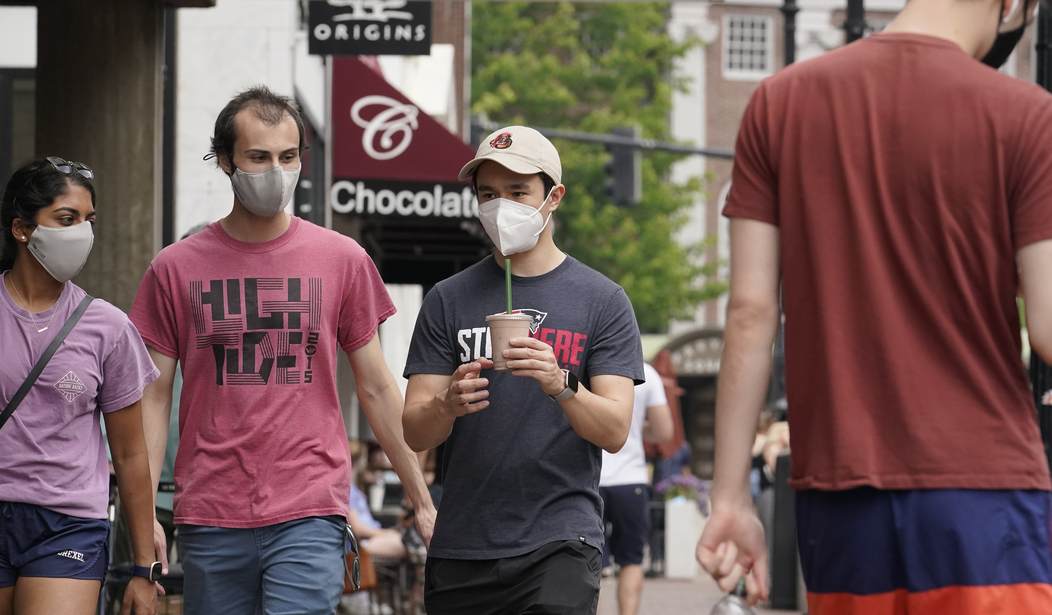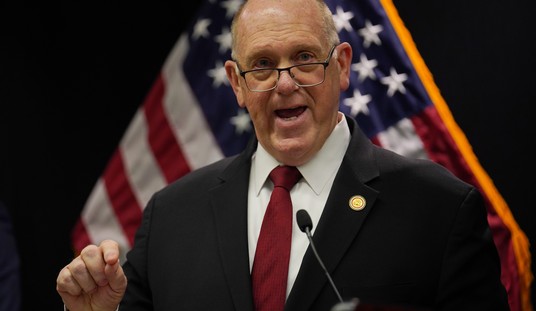Last week Vox published a piece which argued we all needed to take a break from capitalism because the world is ending. The author of that piece, Anna North, also described present reality as “the apocalypse.” That seemed a bit overwrought to me but today Freddie deBoer argues it’s just one example of a recent trend. He also points to this recent piece at the Atlantic titled “I’m Starting to Give Up on Post-pandemic Life.” Here’s a sample:
The Omicron variant’s infections may yet prove to be mild. That outcome would be better than the alternative, but it still can manufacture dread. For one part, the public is now accustomed to medical professionals’ perverse understanding of “mild,” namely: It probably won’t put you in the hospital or kill you; as for long COVID, who even knows? For another, the uncertainty surrounding Omicron’s virulence, mated to the scientific bureaucracy’s reliance on “too early to tell” messaging, makes the mere contemplation of the new strain deeply unsettling. And for yet a third, all that uncertainty has produced a new deluge of coronavirus content, this article included. That coverage may be justified—the public ought to be informed—but a surfeit of information also ratchets up anxiety. Even if this strain is less bad than it might have been, only dumb luck will have made it so. That’s neither victory nor a sign that the emergency is over…
“Now is the time to overreact,” I wrote in The Atlantic in March 2020, a few days after the global pandemic received its formal declaration. I hoped that a feeling of dread might spur excessive action—lockdowns or rent cancellation or border closings—whatever might have brought the virus to heel. But we have overreacted less and less with each cycle of outbreak, and watched new setbacks follow every victory. That gloomy slog has begotten new generations of dread.
What accounts for all of this dread-filled bloviating? Freddie deBoer has a theory. He starts by pointing out that he’s been vaccinated and considers that a reasonable precaution, like wearing a seatbelt while driving a car. What isn’t reasonable is deciding to never drive again because of the small but real risk of an auto accident. So why does it seem so many people in the media are flogging the COVID equivalent of giving up driving? Why embrace panic? According to deBoer, it’s less about genuine angst and more about a kind of competition among well-educated journalists to be seen as the most thoughtful, the most noble and the most morally superior.
I keep chewing on what function this disaster porn performs. It’s hard to say that it has any bearing on public health; does anyone think that the problem with the vaccine-hesitant is that they just haven’t been told loudly enough that Covid is bad? No. I do think that this worry is a performance, but I don’t think the unvaccinated are the audience. I think the audience is, as for so much of what these people do, their peers, other people in the broad world of the educated, the liberal, the upwardly-mobile if not affluent, the very online. These people compete against each other relentlessly, habitually, ritualistically…
When this major international crisis arose, they felt a lot of legitimate fears and worries, which just makes them human. But when it became clear that the public health response to Covid involved denying ourselves things we wanted and enjoyed, including non-negotiably important things like in-person schooling and face-to-face human contact, they (subconsciously) saw an opening: if denial of human pleasures is virtuous, I can be more virtuous than my peers. If caution is noble, overcaution must be even nobler…
For some people, it seems, being more freaked out about Covid is quite like an I Voted sticker or a BlackLivesMatter sign in their window. It’s another way to let everyone know that they have the greatest wealth of all, the wealth of superior character, of greater moral standing. They’re fond of pointing out those 5.3 million people who have died, in the midst of their self-aggrandizing diatribes. I would perhaps invoke the dead in a different way: even this, even now, even them, you turn into yet another way to let the rest of us know how advanced you are.
It’s worth noting that none of this has to be done in a calculating, self-conscious way to be true. The authors of these panic porn pieces probably aren’t embracing the apocalypse for clicks. They really believe this. If you embrace a political identity that sees Gov. Ron DeSantis as something close to pure evil and the teacher’s unions who shut down schools last spring (despite lots of evidence that wasn’t necessary and despite evidence it was doing a lot of harm to kids) as perfectly reasonable and good, then it only makes sense you’re going to embrace the underlying structure that ties those two ideas together. And that is that zero risk is acceptable. Better to shut down schools for another 5 months than risk an outbreak. Only a mustache-twirling villain would push to open things up.
And once you’ve embraced the idea zero risk is the ideal, it’s a small step from there to the idea that catastrophizing everything and spreading panic is the most moral course a writer can take. The more afraid people feel, the less risk they’ll take. As the author of the Atlantic piece admitted (above), he wanted people to “overreact” because “a feeling of dread might spur excessive action.” His biggest lament now is that we aren’t overreacting enough.








Join the conversation as a VIP Member